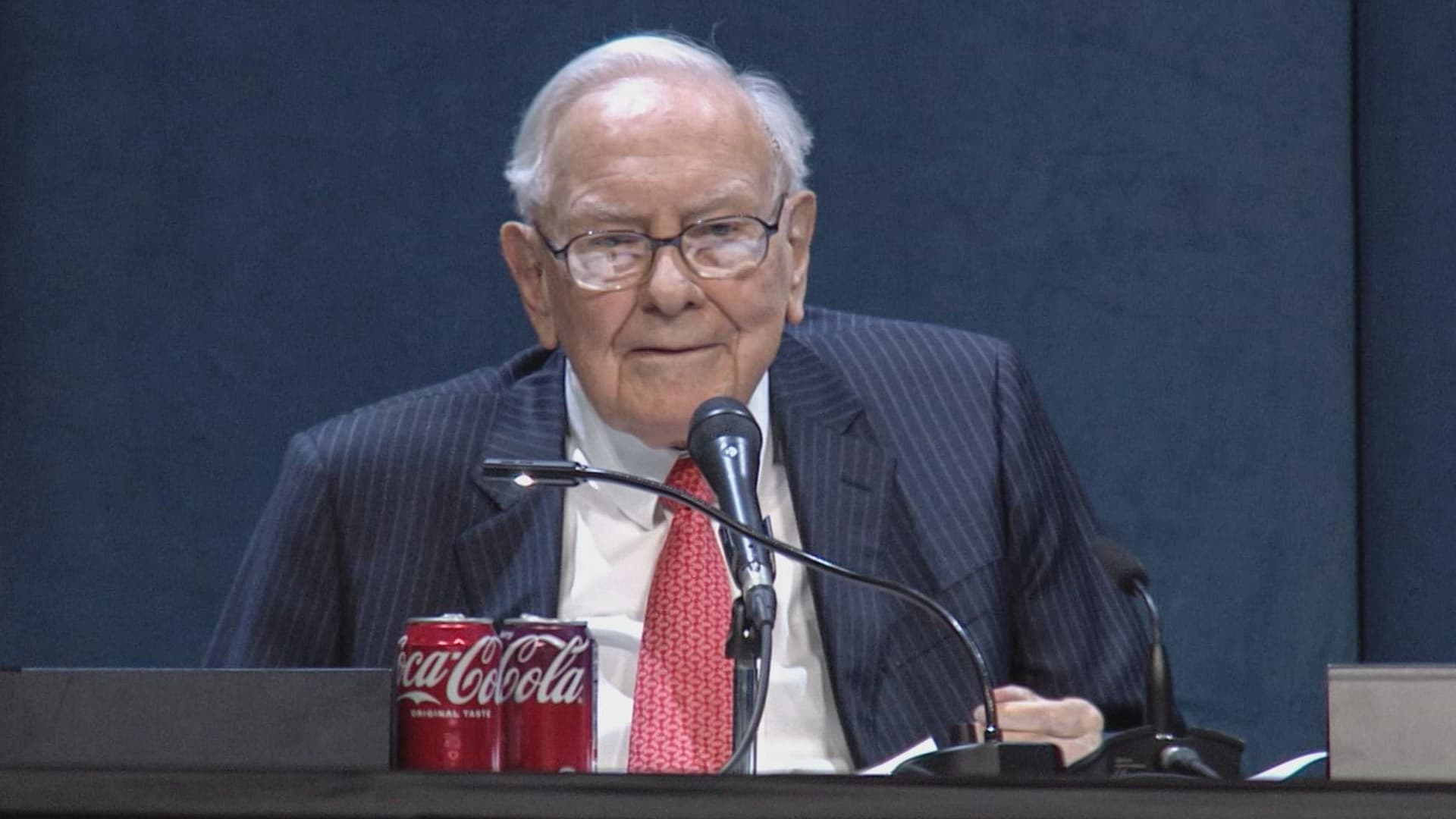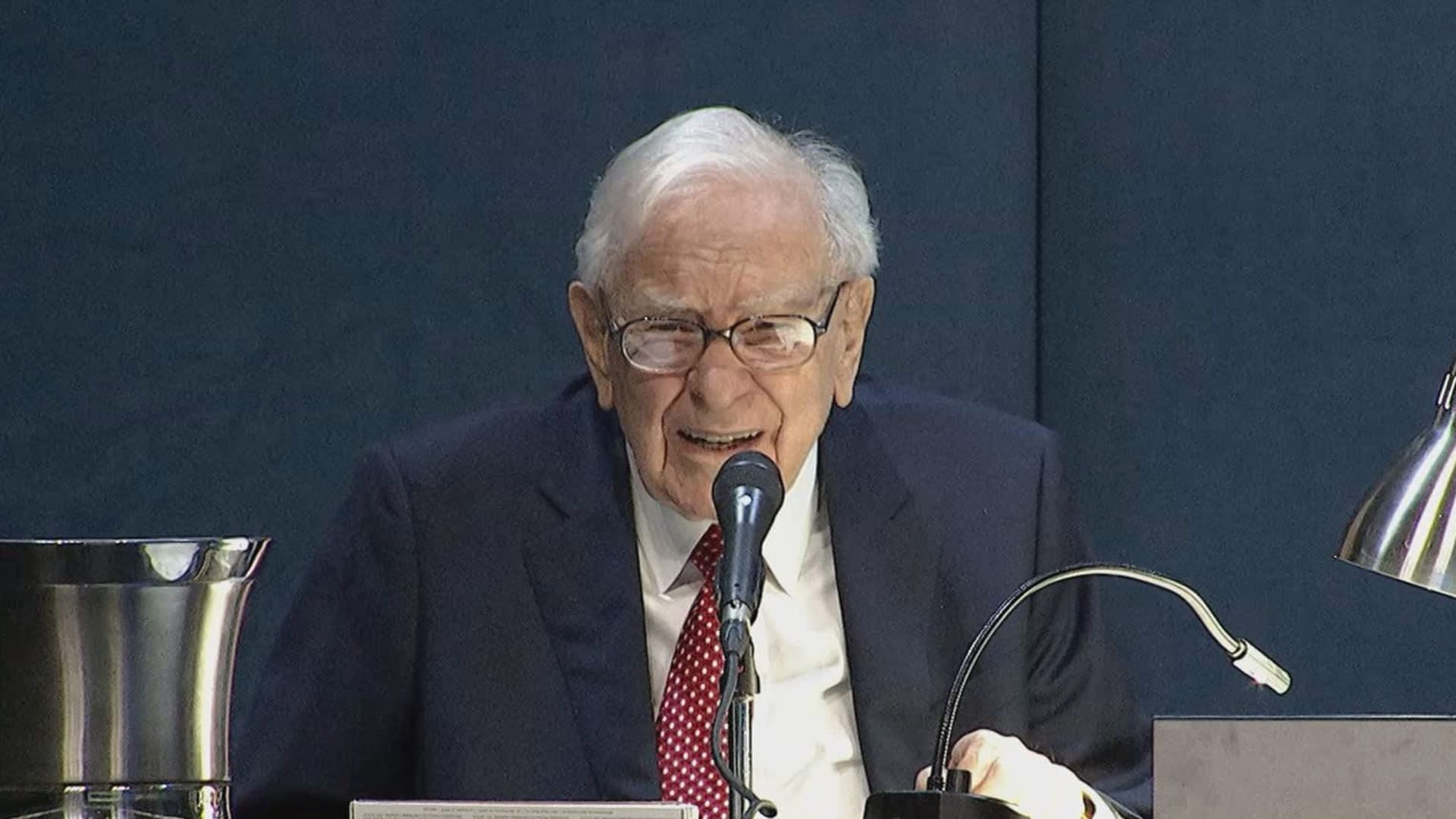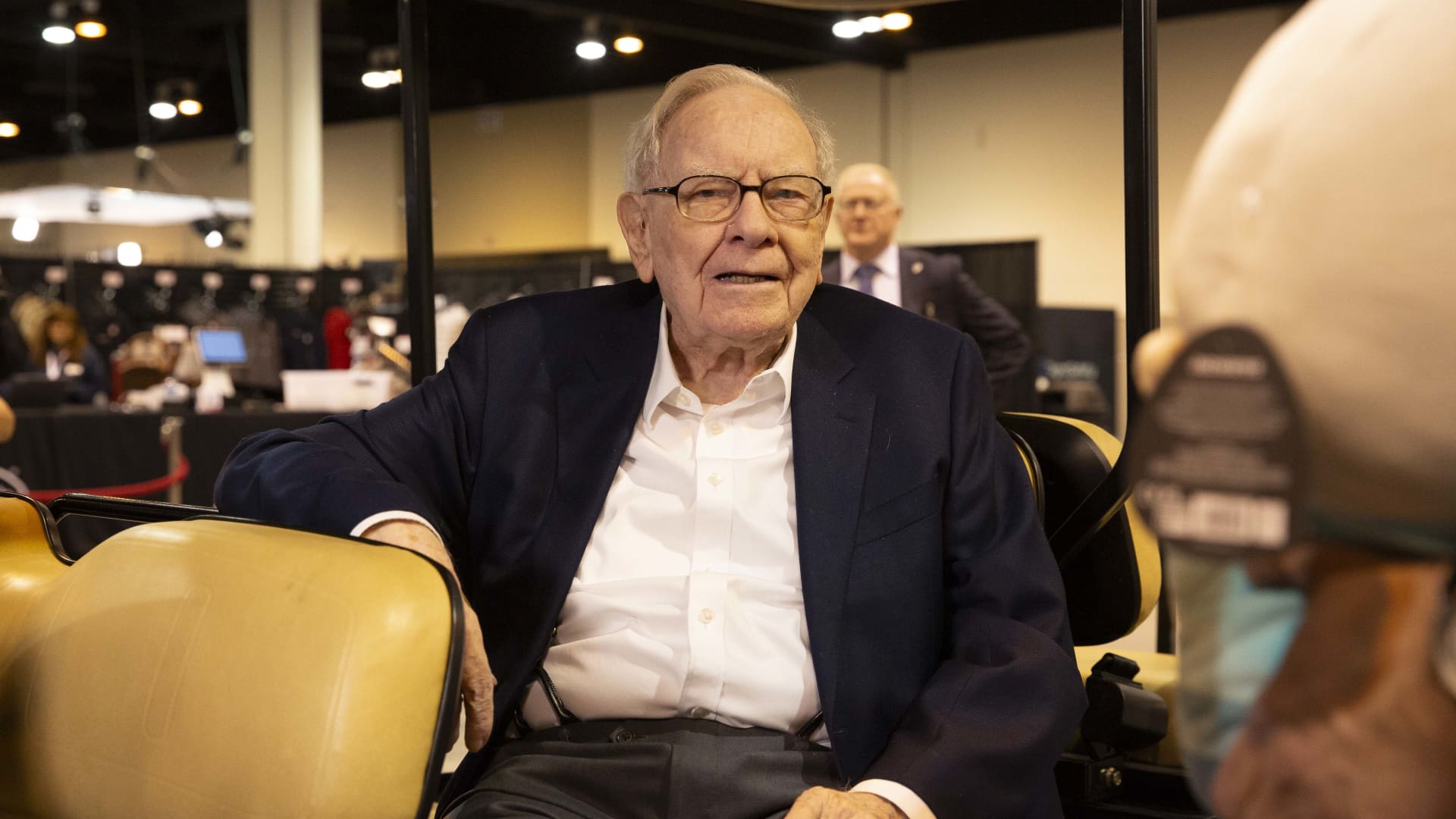QINGDAO, CHINA – JANUARY 08: Customers browse at an electronics shop amid an ongoing nationwide trade-in subsidy program on January 8, 2025 in Qingdao, Shandong Province of China.
Zhang Ying | Visual China Group | Getty Images
BEIJING — China’s latest move to boost consumption isn’t meant to jolt all kinds of spending.
Policymakers last week doubled subsidies for a consumer trade-in program to 300 billion yuan ($41.47 billion) this year, matching market expectations — and again steering clear of cash handouts. The subsidies will go toward around 15% to 20% of the purchase price for select products, including mid-range smartphones and home appliances.
That’s an expansion from last year’s 150 billion yuan program, announced in the summer, for a narrower range of products.
The new round of subsidies are “pretty substantial” and will likely support retail sales, similar to how e-commerce companies saw a sales boost in certain products late last year, Jacob Cooke, co-founder and CEO of WPIC Marketing + Technologies, told CNBC on Monday.
While there’s skepticism that the impact of a one-time subsidy won’t last long, Cooke said more subsidy programs will likely follow. He added that China’s “aggressive” 5% GDP growth target and prioritization of consumption indicate that Beijing will do more to support growth — without relying as much on the old playbook of infrastructure spending.
Chinese Premier Li Qiang last week delivered an annual report on government work that named boosting consumption as the top task for the year ahead.
That’s the first time in a decade that Beijing has given consumption such high priority, said Laura Wang, chief China equity strategist at Morgan Stanley. She added that the government work report cited “consumption” 27 times — the most mentions in a decade.
While Beijing has not followed the U.S. or other countries in handing out cash to consumers, Chinese policymakers have increasingly acknowledged the need to counter deflationary pressure at home.
China must focus more on domestic demand given the possibility of “new shocks” to overseas demand, Shen Danyang, head of the drafting group of the Government Work Report and director of the State Council Research Office, told reporters Wednesday in Mandarin, translated by CNBC.
China’s retail sales grew by 3.5% last year, a sharp slowdown from 7.2% growth the prior year. In a sign of a persistent drop in demand, China’s consumer price inflation in February fell below zero for the first time in over a year, according to official data released Sunday.
If prices are too low, it becomes difficult to incentivize businesses to invest and increase consumers’ income, Chen Changsheng, member of the drafting group of the Government Work Report and deputy director of the State Council Research Office, said at the same press conference on Wednesday.
He noted that the work report called for four tasks to address the depressed prices: expanding fiscal support, working to lift consumption, using regulation to prevent price wars and making a greater effort to stabilize real estate prices.
Real estate accounts for the majority of household wealth in China. A crackdown on property market leverage in 2020 spurred a slump that only started to turn around late last year — after a high-level policy call in September to halt the real estate sector’s decline.
Stabilizing real estate can have a significant effect on boosting consumption, similar to wealth effects from a rise in the stock market, said Meng Lei, China equity strategy analyst at UBS Securities, noting expectations that the mainland China A share market has become more strategically important.
Stocks have rallied after China’s stimulus announcements in recent months.
The 300 billion yuan for the subsidies comes from an increase in ultra-long special government bonds for 2025. China said last week it is raising its deficit to 4% as it pursues “proactive fiscal policy.”
NEW YORK, NY – SEPTEMBER 19: The Chinese flag flies outside the New York Stock Exchange during the initial price offering (IPO) for Alibaba Group on September 19, 2014 in New York City. The New York Times reported yesterday that Alibaba had raised $21.8 Billion in their initial public offering so far.
Andrew Burton | Getty Images News
Also helping sentiment are signs that Beijing appears to be turning more business friendly. Chinese President Xi Jinping held a rare meeting with entrepreneurs last month.
Once businesses are more confident, they can hire more and increase wages. The Chinese premier at the high-level meeting last week vowed more efforts to promote residents’ income growth and ease financial burdens for low-to-middle income groups.
The officials pledged more support for the care of the elderly, children and the broader healthcare system, steps seen critical to bolster the country’s safety net, allowing residents to feel comfortable spending more.
To a certain extent, these measures can help to reduce living costs and release potential consumption, said Pan Xiang, a macro foreign exchange analyst at Nanhua Futures.
Incremental pivot
Economists have long called for a structural re-calibration of the income distribution system and policies seen necessary to stimulating domestic consumption in a meaningful way.
The recent pledges signal that “the door [is] cracking open” yet still “very gradual movement of the leadership toward being comfortable with doing more direct support for consumption,” said Michael Hirson, a fellow at Asia Society Policy Institute’s Center for China Analysis.
“We’re not really there yet in terms of a very forceful push,” he added.
Before more support comes, an underdeveloped social safety net, a gloomy job market and low wages have spurred households to save rather than spend, Hirson said.
Household spending accounts for less than 40% of China’s GDP, significantly lower than the international average of roughly 60%, according to the Organization for Economic Co-operation and Development.
EVs, films, tourism
A look at an implementation plan, released Wednesday, from the National Development and Reform Commission reveals how China is thinking about boosting consumption.
The portion describing tasks for 2025 starts with an entire section on boosting consumption and investment. The report calls for efforts to “increase spending power” and encourage the development of products and scenarios that would encourage consumers to spend.
But it’s not a call to support all kinds of shopping.
Top of mind for policymakers is retail sales of “big-ticket items,” according to the report. China also said it would reduce restrictions on real estate transactions and automobile purchases.
Part of the plan includes developing the experience economy — immersive scenarios that combine film, video games, tourism and traditional Chinese culture — similar to the surge in tourists to historical sites associated with last year’s hit video game “Black Myth: Wukong.”
BEIJING, CHINA – JANUARY 15: People queue up in outside a Miniso store to buy co-branded goods featuring characters from the game ‘Black Myth: WuKong’ on January 15, 2025 in Beijing, China. Miniso and ‘Black Myth: WuKong’ launch co-branded products on January 15.
Yi Haifei | China News Service | Getty Images
Chinese authorities also said they would improve “mechanisms for regular pay increases” along with the system for paid vacation days. Employees in China typically get fewer than 10 paid days off and several public holidays include days that must be made up by working for part of a weekend.
The report also discussed the continued plan for subsidizing consumer good trade-ins and upgrading equipment.
But two parts of the sub-section focused more on investment — developing talent, infrastructure and ecological projects — as well as building up “security capacity” in basic research for tech innovation and domestic food supplies.
China will soon release a more detailed plan for boosting consumption, Zheng Shanjie, head of the National Development and Reform Commission, told reporters Thursday.
Preliminary data indicates a sales boost from China’s initial 81 billion yuan in consumption subsidies announced in January, ahead of the this month’s parliamentary meeting.
Retail sales of new energy vehicles, for which buyers enjoy trade-in subsidies of up to 15,000 yuan, surged almost 80% to 686,000 units in February from a year earlier, data from China’s auto industry body showed on Monday.
Smartphone sales for the week of Jan. 20 to Jan. 26 surged by nearly 65% from the year-ago period to more than 9.5 million units, “and maintained a high level in the following weeks,” Counterpoint Research said in a late February report.
The analysis said subsidies are likely encouraging Chinese consumers to replace their smartphones earlier than planned, especially when artificial intelligence features are gaining prominence. The firm estimates the first-quarter subsidy to generate at least two to three points of additional growth this year in China’s smartphone sales.

 Economics1 week ago
Economics1 week ago
 Accounting1 week ago
Accounting1 week ago
 Economics1 week ago
Economics1 week ago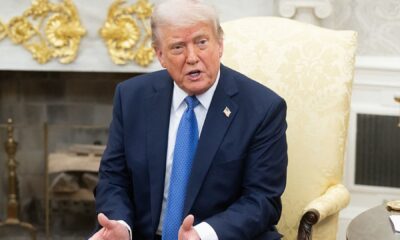
 Economics1 week ago
Economics1 week ago
 Economics1 week ago
Economics1 week ago
 Economics1 week ago
Economics1 week ago
 Personal Finance7 days ago
Personal Finance7 days ago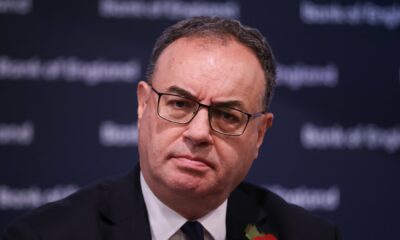
 Economics1 week ago
Economics1 week ago


